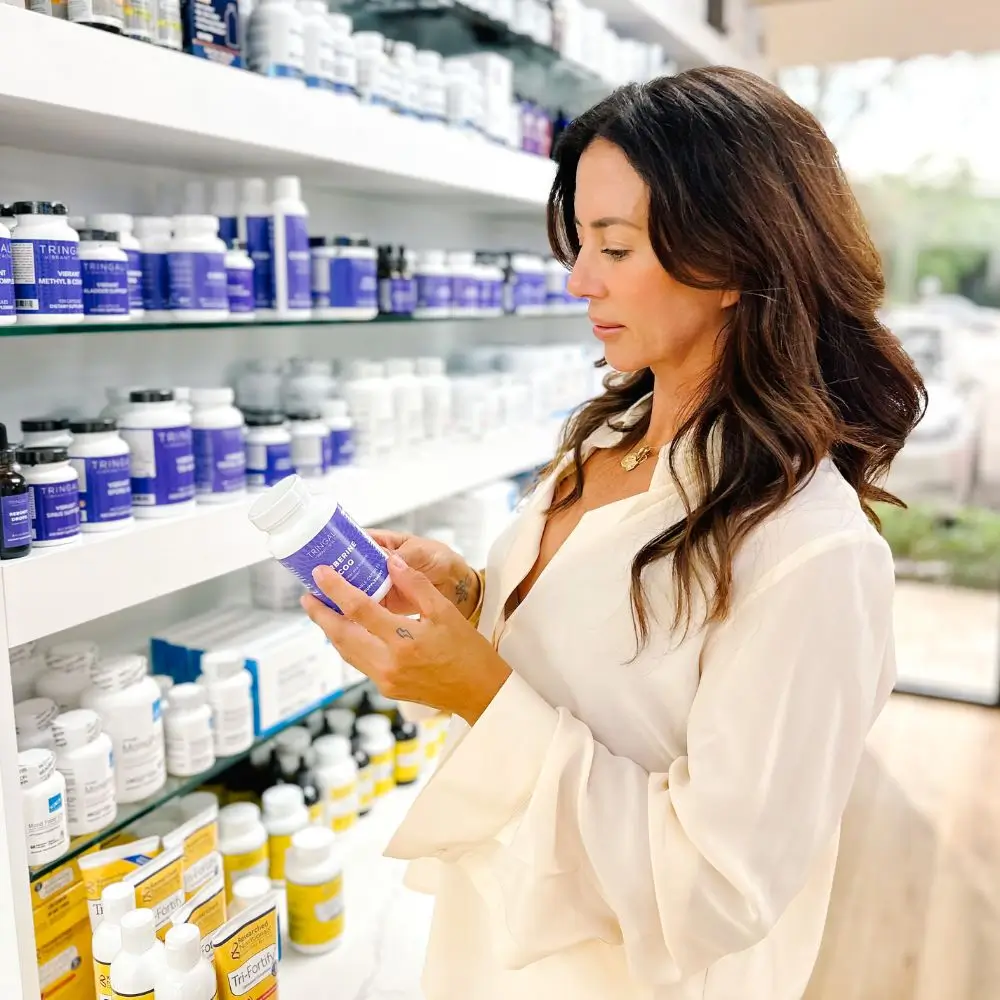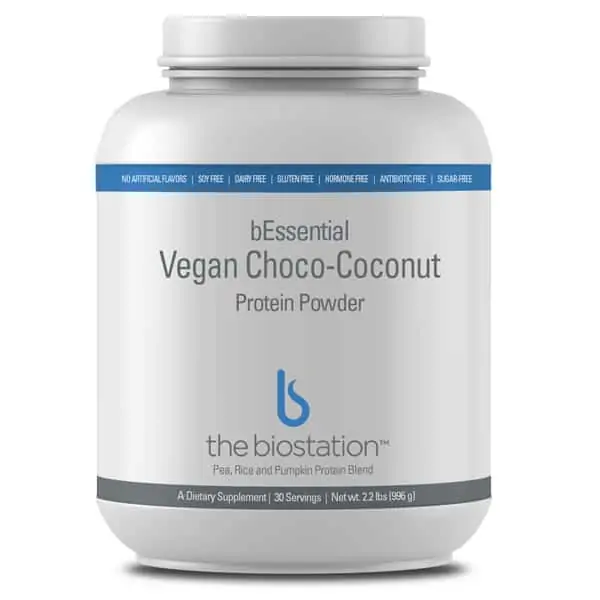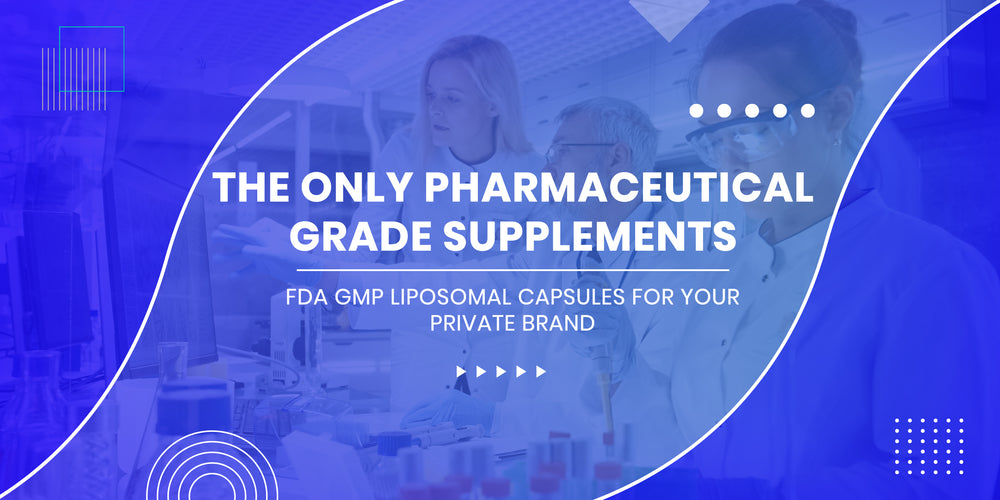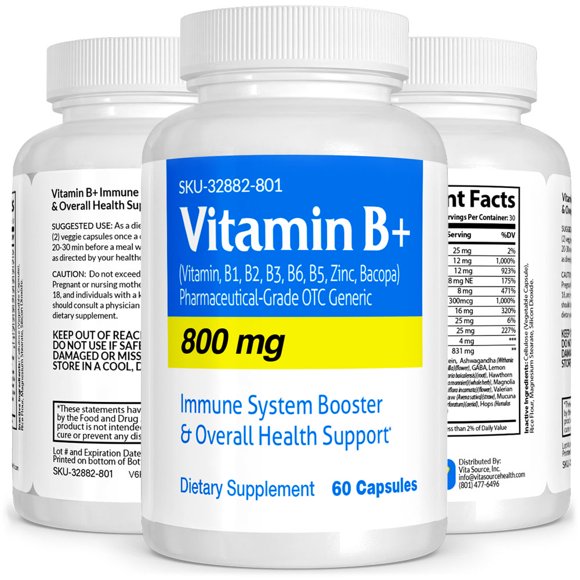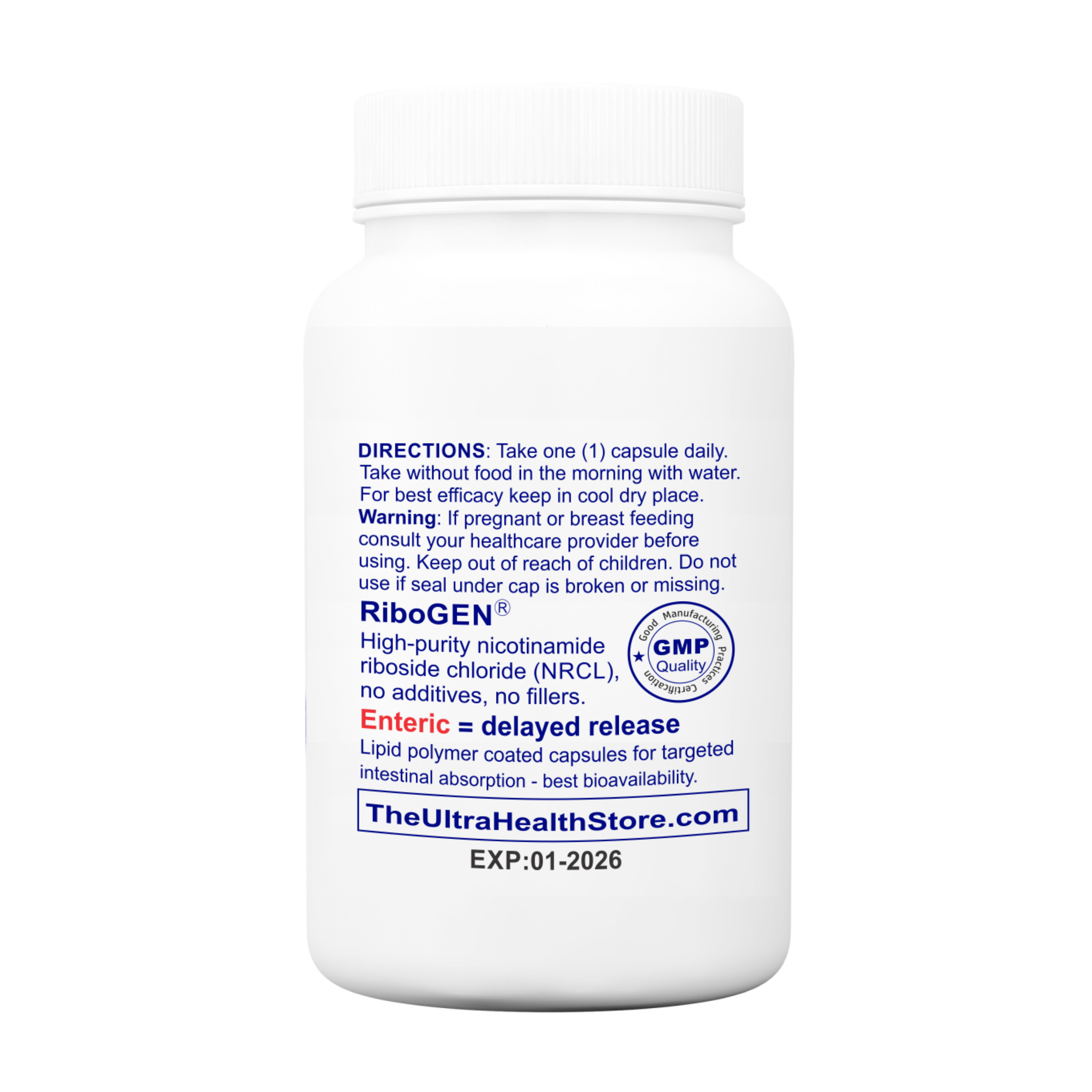Where To Buy Pharmaceutical Grade Supplements

Navigating the world of dietary supplements can be confusing, especially when considering the varying degrees of quality and purity. Consumers seeking to optimize their health often encounter the term "pharmaceutical grade," leading them to wonder where to reliably purchase supplements meeting such stringent standards.
This article aims to provide a comprehensive overview of what pharmaceutical grade means in the context of supplements and where consumers can find products that claim to meet these rigorous criteria.
Understanding Pharmaceutical Grade
The term "pharmaceutical grade" is often used in marketing materials for supplements, but it lacks a precise legal definition under the regulations of the Food and Drug Administration (FDA) for supplements. While the FDA regulates supplements as food rather than drugs, manufacturers often use the term to suggest a higher level of purity and quality control similar to that of pharmaceutical drugs.
"Pharmaceutical grade" typically implies that the supplement has undergone rigorous testing for purity, potency, and contaminants. These tests are designed to ensure that the supplement contains exactly what the label claims and is free from harmful substances like heavy metals, pesticides, and bacteria.
True pharmaceutical-grade substances, like those used in prescription medications, must meet standards set by organizations such as the United States Pharmacopeia (USP). These standards are extremely difficult and expensive for supplement manufacturers to meet consistently.
Where to Potentially Find Supplements Claiming Pharmaceutical Grade
While a guarantee of true pharmaceutical-grade quality is difficult to ascertain, certain avenues offer a higher likelihood of finding supplements that adhere to stringent quality standards. Reputable supplement manufacturers often prioritize third-party testing and transparent sourcing, making their products a potentially safer bet for consumers.
Professional healthcare providers, such as doctors, naturopaths, and registered dietitians, often carry or recommend specific supplement brands. These professionals typically research and vet supplement companies to ensure they meet certain quality standards for their patients.
"Healthcare professionals may have access to supplement brands that are not readily available to the general public, or they may have a deeper understanding of which brands consistently deliver high-quality products," explains Dr. Emily Carter, a registered dietitian specializing in functional nutrition.
Specialty Supplement Stores
Some specialized health food stores and supplement retailers prioritize carrying brands known for their quality control measures. These stores often employ knowledgeable staff who can guide consumers toward products that have undergone third-party testing and adhere to good manufacturing practices (GMPs).
Look for stores that emphasize transparency and are willing to provide information about a supplement's sourcing, manufacturing process, and testing results.
Directly from Reputable Manufacturers
Purchasing directly from supplement manufacturers known for their commitment to quality can be another way to potentially find higher-quality supplements. Many reputable companies publish their testing results and quality control protocols on their websites.
These companies may also offer detailed information about their sourcing practices and manufacturing facilities, giving consumers a clearer picture of the supplement's journey from raw material to finished product. Be wary of manufacturers that make unsubstantiated claims or lack transparency.
Online Retailers with Stringent Quality Control
While online marketplaces can offer convenience, they also pose a higher risk of encountering counterfeit or substandard supplements. Some online retailers, however, have implemented stringent quality control measures to ensure the authenticity and quality of the products they sell.
Look for online retailers that require supplement manufacturers to provide third-party testing results and documentation of GMP compliance. Reading customer reviews can also provide valuable insights into the quality and effectiveness of specific supplements.
Key Considerations When Choosing Supplements
Regardless of where you choose to purchase supplements, several key factors should be considered to ensure you are getting a high-quality product.
Third-party testing: Look for supplements that have been tested by independent third-party organizations, such as USP, NSF International, or ConsumerLab.com. These organizations verify that the supplement contains the ingredients listed on the label in the stated amounts and is free from contaminants.
Good Manufacturing Practices (GMPs): Ensure that the supplement is manufactured in a facility that adheres to GMPs. These regulations, set by the FDA, ensure that supplements are produced according to strict quality standards.
Transparent Sourcing: Reputable supplement companies are transparent about where they source their ingredients. Look for companies that disclose the origin of their raw materials and provide information about their suppliers.
Read Labels Carefully: Always read the supplement label carefully and pay attention to the list of ingredients, dosage instructions, and any warnings or precautions.
The Human Element: A Patient's Perspective
Sarah Miller, a patient battling chronic fatigue syndrome, shares her experience: "Finding supplements that actually helped me manage my symptoms was a long and frustrating journey. I learned the hard way that not all supplements are created equal. Working with my doctor and researching reputable brands that undergo third-party testing made a huge difference in my health."
Miller's experience underscores the importance of due diligence and professional guidance when selecting supplements.
Conclusion
While the term "pharmaceutical grade" can be misleading, consumers seeking high-quality supplements can find reputable products by focusing on third-party testing, GMP compliance, transparent sourcing, and guidance from healthcare professionals. Remember, investing in quality and transparency can make a significant difference in the effectiveness and safety of your supplement regimen.
Ultimately, choosing supplements requires informed decision-making and a commitment to prioritizing quality over convenience or cost.






